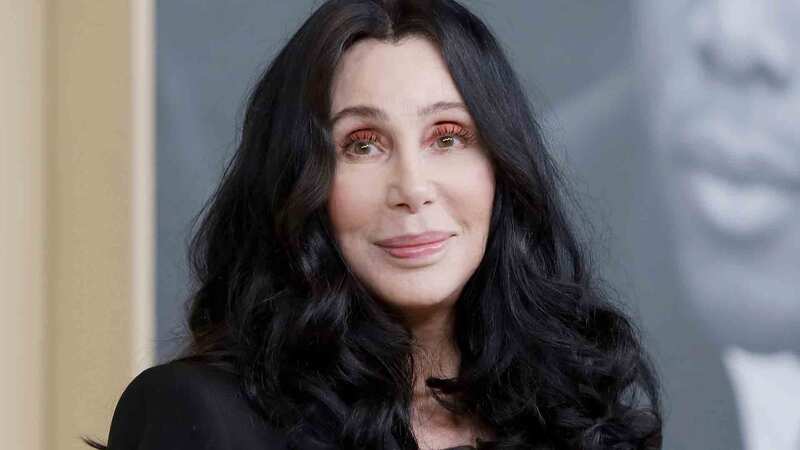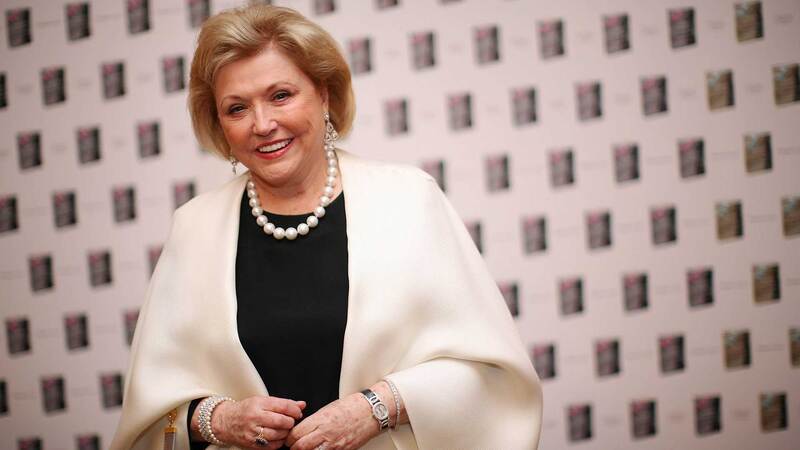You are viewing your 1 free article this month. Login to read more articles.
Louise Doughty: Behind closed doors
A split-second decision can change everything, and in Apple Tree Yard Yvonne Carmichael’s snap decision results in her ending up in the Old Bailey on a murder charge.
In Louise Doughty’s new novel, Yvonne, a 52-year-old with a highly successful career and loving family, makes one reckless decision—to sleep with a man she’s just met, who she soon dubs “X”, in the Chapel in the Crypt beneath the Great Hall of Westminster—and her life soon falls apart.
“All of my books have characters that are morally ambiguous and Yvonne is certainly that,” Doughty says. “From the outside she is extremely conventional—high achieving in her career, in a straightforward marriage with two grown-up children . . . all her life she has been in control, and then this one thing happens that blows her out of the water.
“I was interested in the idea of taking a woman who seemed outwardly very rational and making her do one impulsive, irrational thing and then following the consequences of that as her life spins out of control. Any justification she gives later on in the novel for the affair is retrospective, because justification implies that she thought through the affair before she did it, but she didn’t. ‘X’ recognises something in her eyes which makes him realise she will be receptive to his advances. Yvonne goes along with it because she’s enticed by the feeling of not being in control . . . that becomes seductive for her.”
Courtroom drama
Tense and fast-paced, much of the action of Apple Tree Yard takes place in a courtroom, but Doughty says: “I didn’t initially intend it to be a courtroom drama. Inevitably it became about the criminal justice system because I have always been very interested in the way in which a woman’s morality seems to be judged in terms of her sexual morality. Of course Yvonne is a morally ambiguous character, but that’s nothing to do with her sexual behaviour—especially within the situation of a courtroom.
“There is still a feeling that your morality is judged in terms of what is expected of your gender, so men are allowed to behave in a certain way—if a man thumps someone who is having an affair with his wife it’s somehow seen as manly, but if a woman does the same thing she’s harpy and vengeful.”
It’s an issue which clearly irks Doughty, who is an alumni of the University of East Anglia’s prestigious creative writing course. “In the early stages I didn’t realise really how many of those preconceptions still existed in the criminal justice system,” she says. “But you only have to look at the recent Vicky Pryce and Chris Huhne cases—in the judge’s summing-up in Pryce’s case it was absolute character assassination: ‘you are manipulative, you are devious’; but in Huhne’s case it was just a simple presentation of the facts: ‘you lied, you kept lying and this is your sentence.’
“There was a sense that she was a terrible person doing the things she did as a woman. The courtroom is almost analogous of what the novelist does—a barrister has a narrative and the facts are made to fit that narrative as opposed to the facts being laid out and someone saying: ‘what narrative can we draw?’ It is like two novels going head to head, barristers come with their own two stories to every trial."
Yvonne soon finds out that “X” is not as he first appears. The novel is part psychological thriller, and as Yvonne and her one-time lover become more and more connected, her life becomes more and more imperilled.
While writing Apple Tree Yard, Doughty found that the “courtroom soon became incredibly analogous to the narratives we have about our own lives as well. Everyone has a novel of their own lives that they use to explain themselves, and they ignore the things that don’t fit that narrative.
“It really fascinates me the way that people have their own mythology about their lives and the sort of personality disorder that ‘X’ has is really only an extreme version of that. He has become obsessed with the idea that he’s more exciting and dangerous than he is, but it’s not actually that different from what we all do, just more extreme.”
Best served cold
A novelist, playwright and journalist, in 2010 Doughty’s sixth novel Whatever You Love was longlisted for the Orange Prize. In the story of Laura, a mother whose nine-year-old daughter Betty is killed “accidently” in a hit-and-run, one of the most prominent themes is the pursuit of revenge.
In Apple Tree Yard, as Yvonne’s life spirals out of control and becomes increasingly violent, she too wishes to be avenged for the ways she has been wronged, and Doughty says that the perception of female revenge was another starting point for her. “Desiring revenge when you’ve been wronged is only natural. It is human instinct. What interests me is the way in which different sorts of revenge are perceived differently for men and women. People always rely on the cliché of ‘hell hath no fury like a woman scorned’, but every week in this country two women are murdered by ex-partners, so I’d say hell hath no fury like a man scorned. Every time a woman chops the arms of her ex-lover’s suit it is tabloid news, but it isn’t reported in the same way when a man takes revenge. It is ordinary human instinct to want revenge, but it’s the way in which the different forms of male and female revenge are perceived by society that I think is interesting.”
Both novels attempt to shine a light on what really happens behind closed middle-class doors, and in each the truth does come out. But, as Doughty explains, for Yvonne “it is the fact that she has hidden the truth that damages her”, not what has happened in the first place. “I’ve always been interested in giving women’s moral dilemmas the same sort of serious treatment that men’s moral dilemmas are given,” Doughty says.
“The fact is that women are not necessarily nicer people than men . . . we are all morally complex in our own separate ways, and this idea that women are the heart of moral goodness in a family is not necessarily true. It is more complicated than that in relationships; things are never the same outwardly as they are behind closed doors.”
Apple Tree Yard by Louise Doughty is out now from Faber














